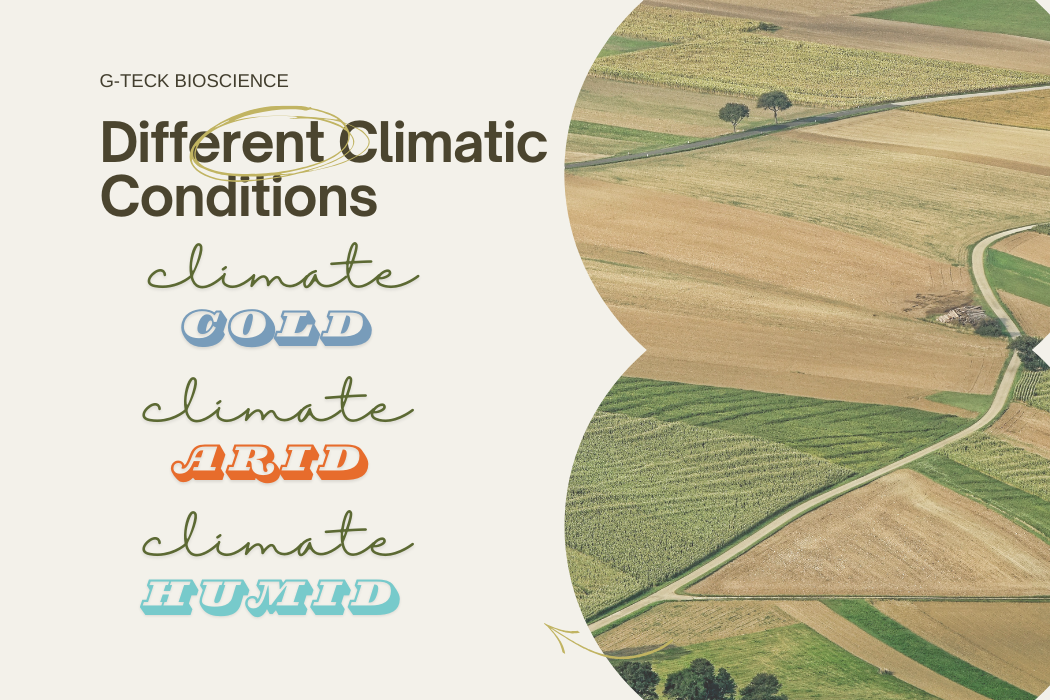The effect of potassium humate will be affected to a certain extent under different climate conditions.
| Cold climate: In cold climate conditions, soil nutrients release slowly, and the growth and development of plants are subject to certain restrictions. Potassium humate can improve the soil structure, increase the soil’s water and fertilizer retention capacity, help increase soil temperature and improve the growth environment of plants. In addition, the potassium in potassium humate can improve the cold resistance of plants and help plants grow under cold conditions. |  |
Arid climate: In arid climate conditions, the water retention capacity of the soil is poor, and plants are susceptible to drought. Potassium humate can improve soil water retention and increase soil moisture, which is beneficial to plant growth and development. At the same time, the organic matter in potassium humate can improve the fertility of the soil and help plants obtain sufficient nutrients under drought conditions.
Humid climate: In humid climate conditions, soil is prone to acidification and nutrient loss, which affects plant growth. Potassium humate can improve the pH of the soil, reduce nutrient loss, and help plants resist the adverse effects of humid conditions.
The effects of potassium humate under different climate conditions are mainly reflected in improving soil properties, improving plant stress resistance and promoting plant growth, which helps to increase crop yield and quality. However, the specific effect needs to be comprehensively considered based on local climate characteristics and soil conditions.
Post time: Jul-31-2024




